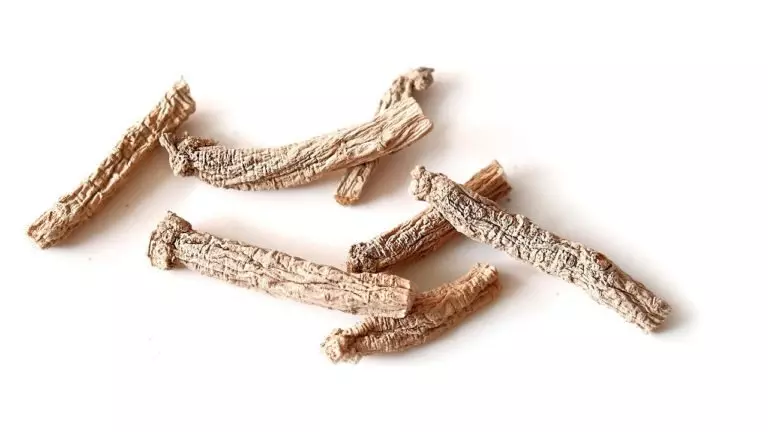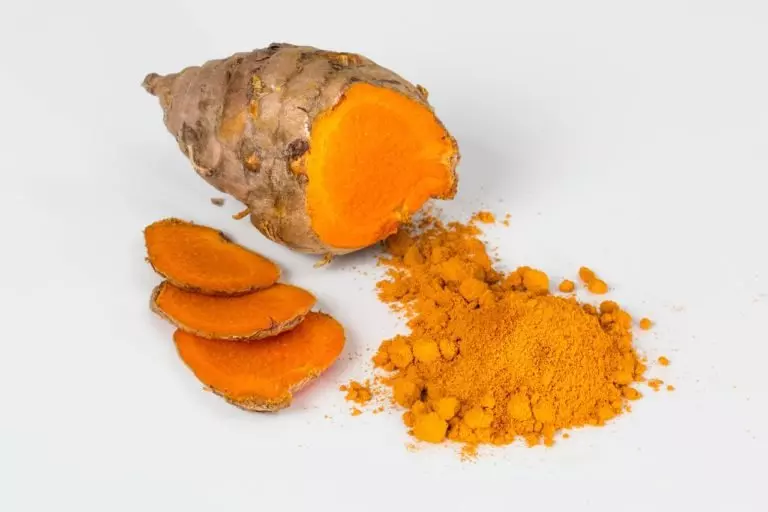| Slowing progression (Click) |
|---|
| Important! |
|---|
| Please note that the effect of these interventions is still under research. Do NOT take any medication without a prescription of a registered doctor. |
The medications we have for Parkinson’s disease are very effective in controlling the symptoms of Parkinson’s disease. But wouldn’t it be great to have some intervention that would slow the progression of Parkinson’s disease?
1. Coffee:
Table of Contents
ToggleDrinking coffee may protect against Parkinson’s disease (Saaksjarvi 2007). It may also improve thinking, memory and mood in patients (Cho 2018). But this evidence is not definite. Drinking a lot of coffee is certainly not advisable if you have a heart condition or anxiety! Therefore, these studies need to be taken with a pinch of salt…. or read while drinking half a cup of coffee…
I refuse to discuss smoking and Parkinson’s disease. You can read about it yourself. After you read that material, take my advice, no matter what any other website on the internet says:
As a former smoker, all I can say is: STOP SMOKING AND NEVER START AGAIN. Better still, never start smoking at all. It is a vile habit that we enslave ourselves to, for absolutely no good reason. When we are smoking, we are thinking about how we can stop smoking! The downsides of smoking outweigh any conceivable upside. If you need help to stop smoking, read Allen Carr’s book or better still – subscribe to the excellent videos on his website www.allencarr.com.
Relevant studies:
2. Herbal therapies for Parkinson’s disease:
Herbal remedies don’t fall under Modern (also called Allopathic) medicine, which is the branch of medicine that I practice. Although they are sometimes treated with derision, these ancient forms of medicine need to be treated with respect. Many modern medications including some antimalarials, antiseptics and even some anticancer medications have their roots in ancient (or “traditional”) forms of medicine.
These herbal therapies are un-monitored, and the quality of these preparations is not standardized. Even the US FDA does not require thorough testing for substances marked as “nutraceuticals” or “natural supplements” – which is the term under which these are usually marketed.
Therefore, my standard recommendation to you is to AVOID all such medications. At this stage, these represent tantalizing possibilities that need to be researched much more thoroughly before they can be recommended as a treatment for Parkinson’s Disease.
A few important research studies on these substances are listed below:
Ginseng:
Ginseng is a herb whose roots are very favorably regarded in Chinese traditional medicine.
Some chemicals in this plant may protect Dopamine-producing cells against damage. Most studies have been done outside animal bodies. Still, a few studies done in Mice indicate that Ginseng could neutralize poisons (in this case MPTP), which are known to damage Dopamine-Producing cells. By protecting dopamine cells in this manner, Ginseng could potentially help prevent the progression of Parkinson’s disease.
There are no human studies, and hence the effect of Ginseng on human Parkinson’s disease is not known. Therefore, a strong recommendation is easy to make: Because of the lack of human data, do not take Ginseng even if you have Parkinson’s disease. We just don’t know what effect it will have.
Curcumin (Turmeric, Haldi):
In contrast to Ginseng which is popular in Chinese traditional medicine, Curcumin (also called Turmeric or Haldi) is a popular ingredient in Indian traditional medicine.
It is also proposed to act by preventing damage to the Dopamine-cells by clearing out a toxic waste product called Alpha-synuclein in these cells. Although studies in some Mice models have been encouraging, there are no animal studies.
Haldi is a common everyday ingredient in Indian food, and some of my Parkinson’s disease patients do drink half a tablespoon of Haldi in warm water daily. Although there is no clear evidence that it is beneficial, I do not have a good reason to warn them against doing so either.
Caution: This information is not a substitute for professional care. Do not change your medications/treatment without your doctor’s permission.




